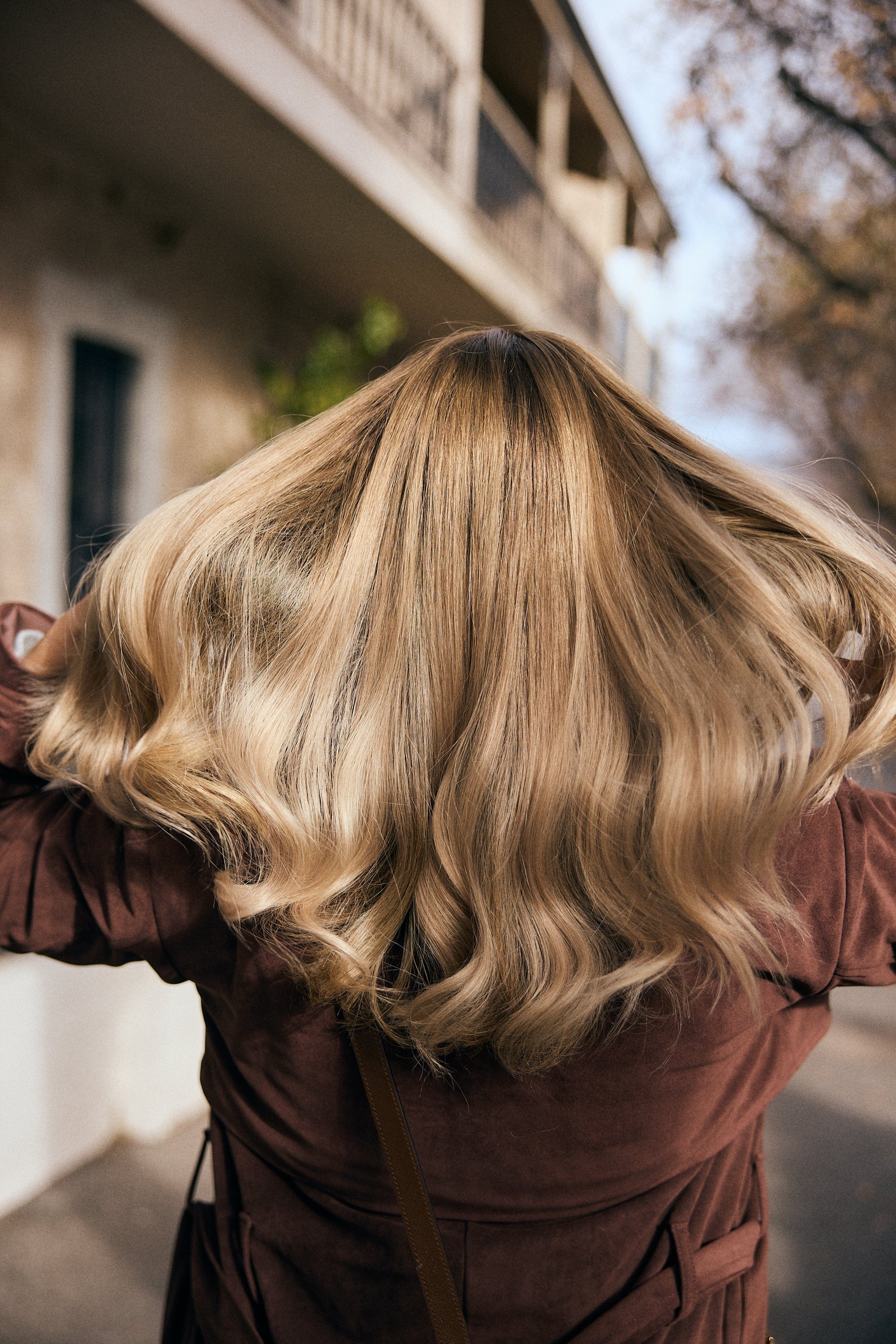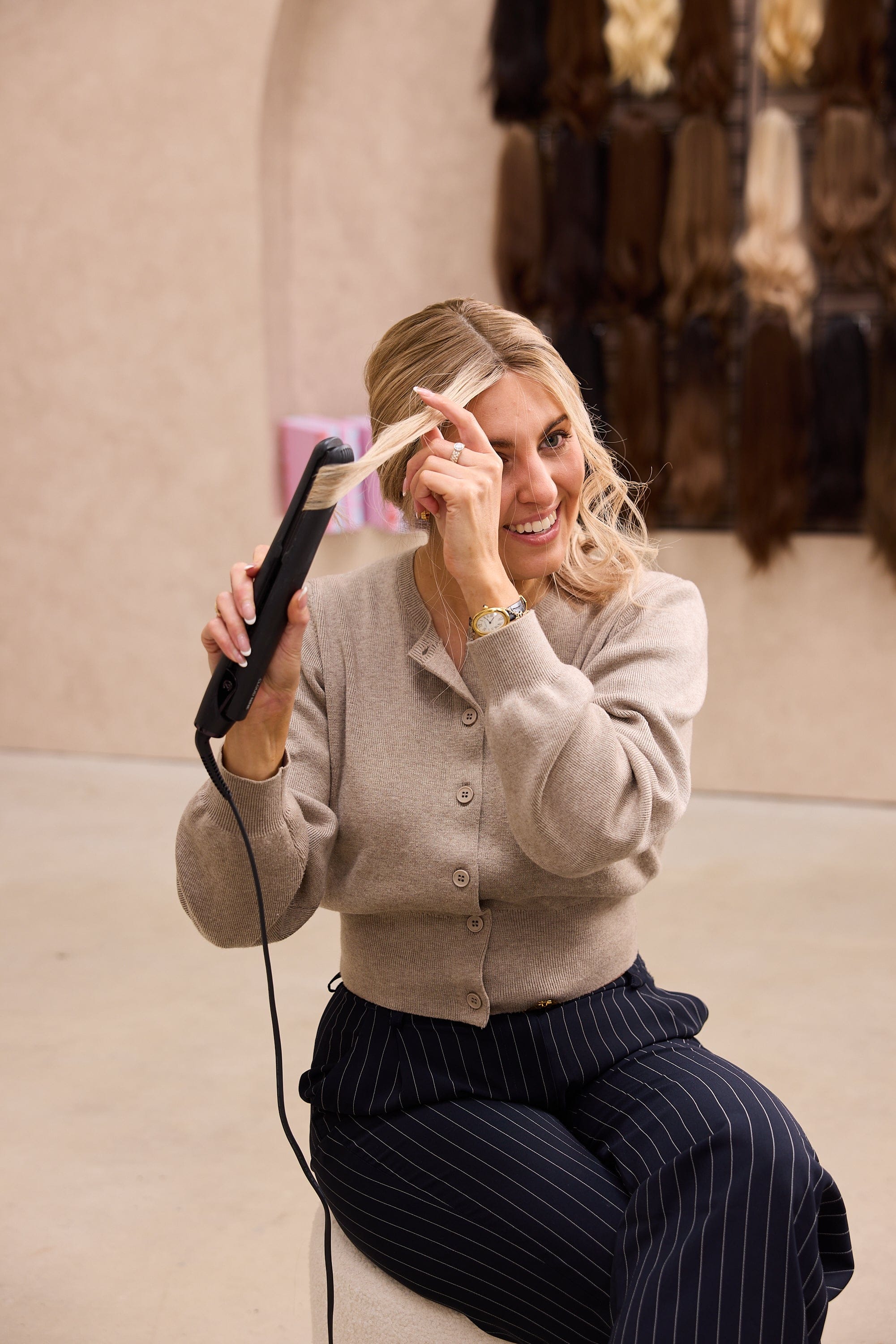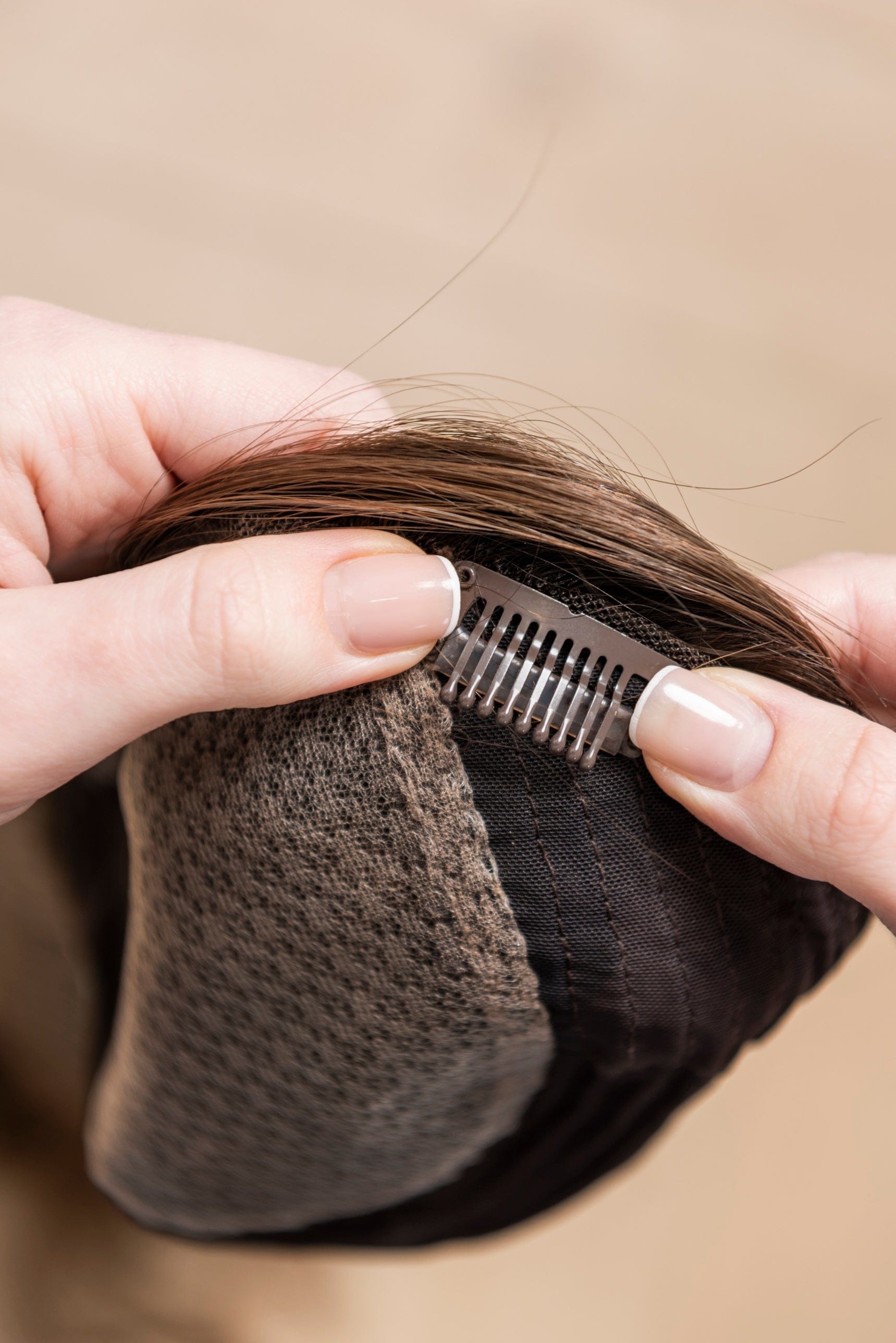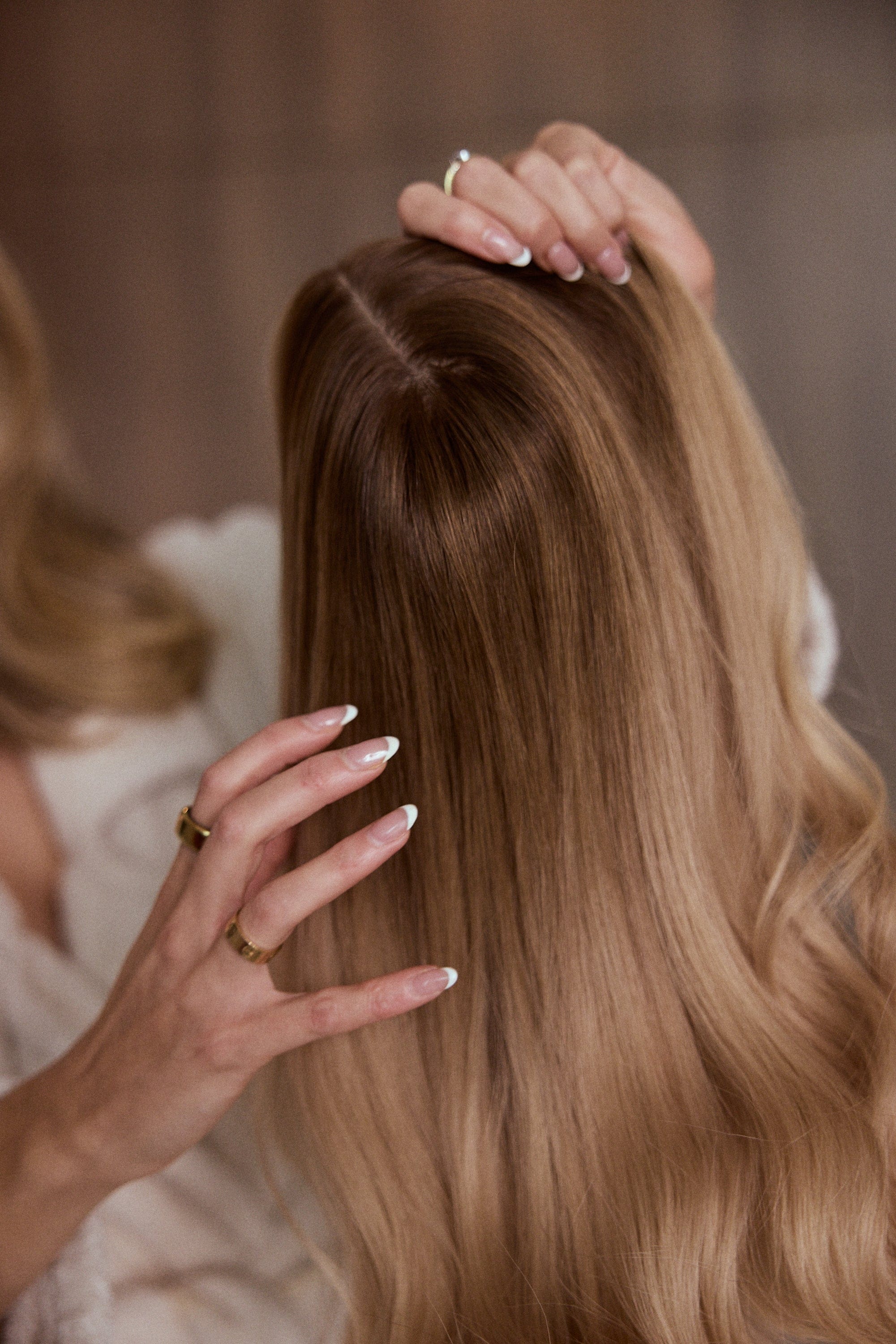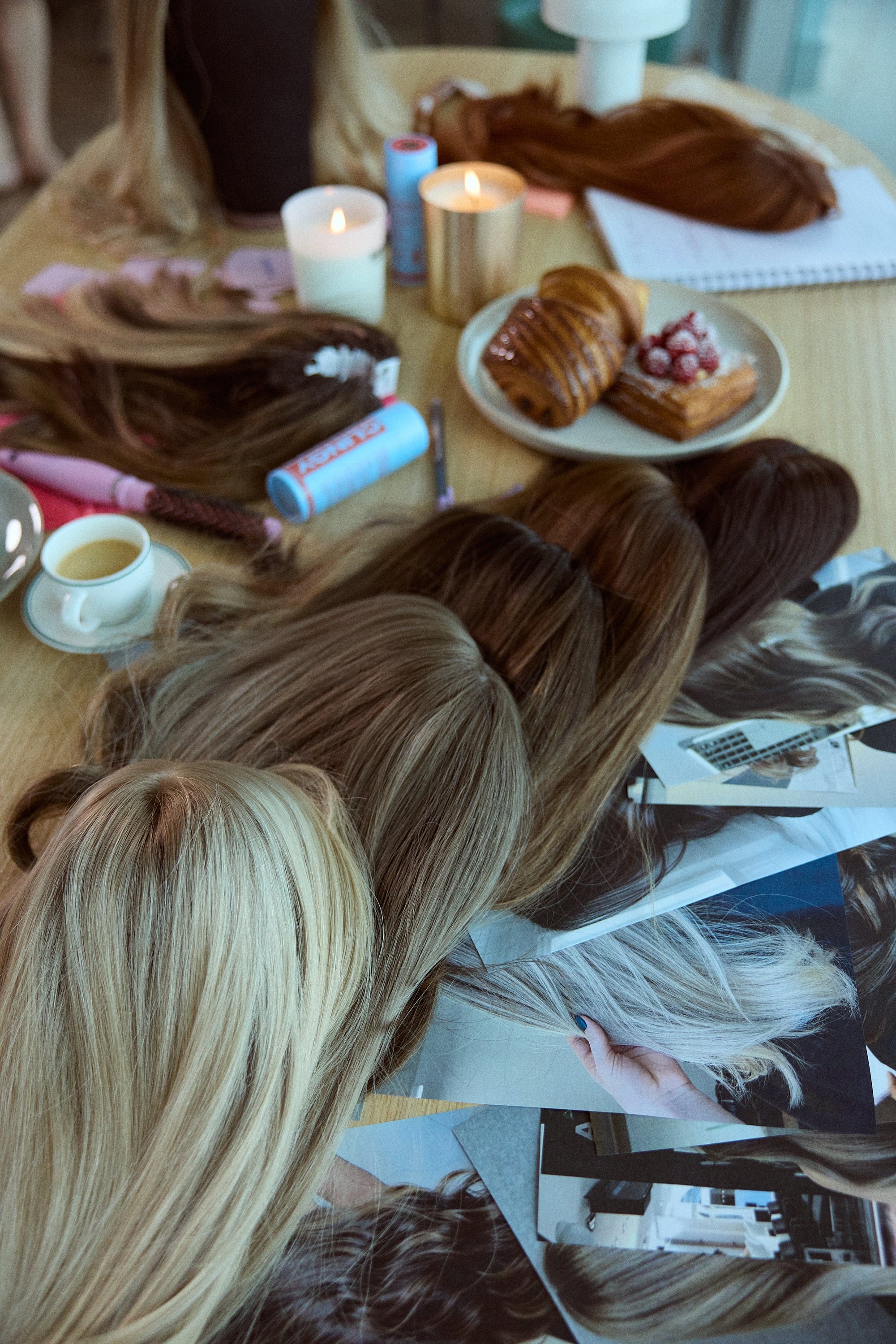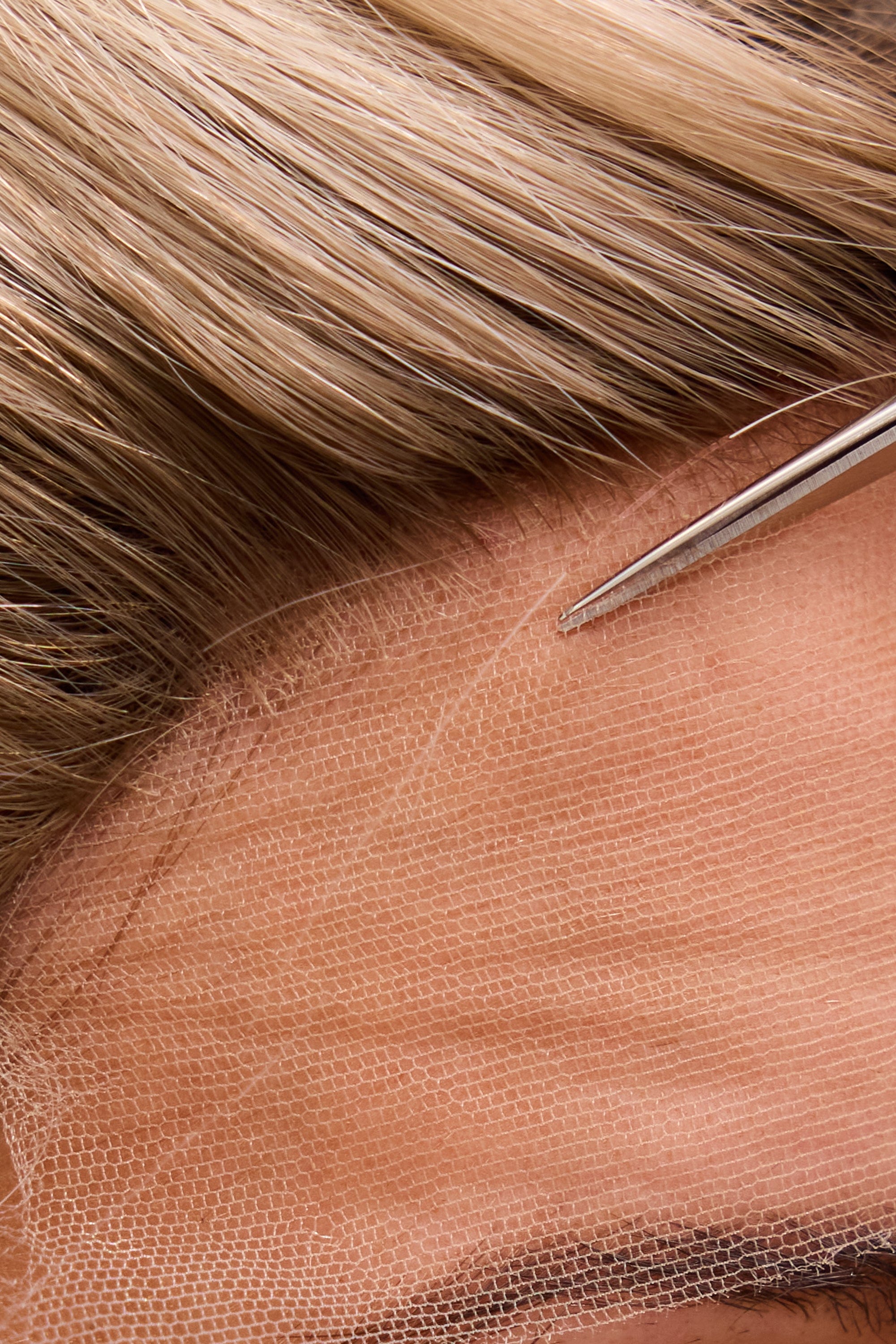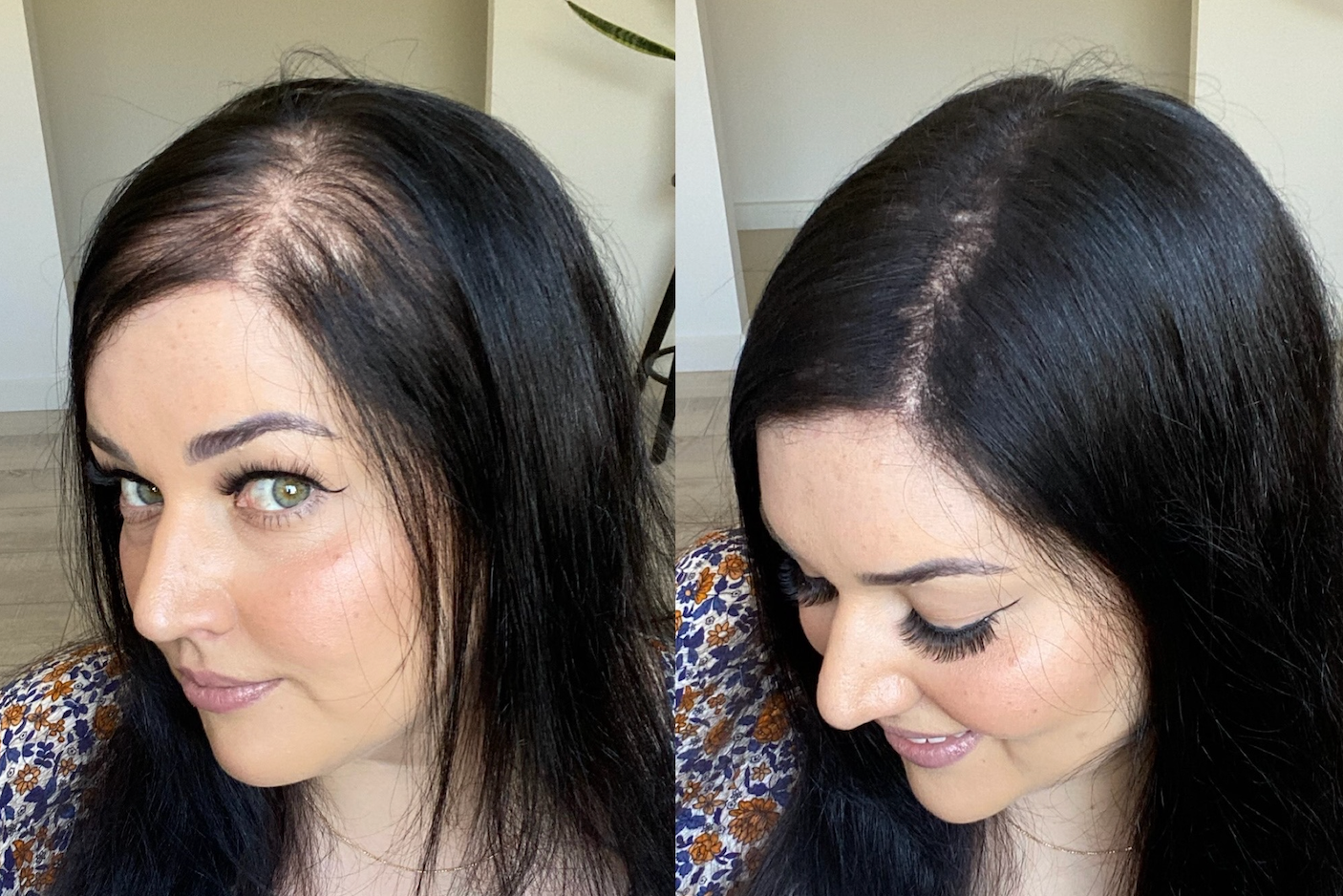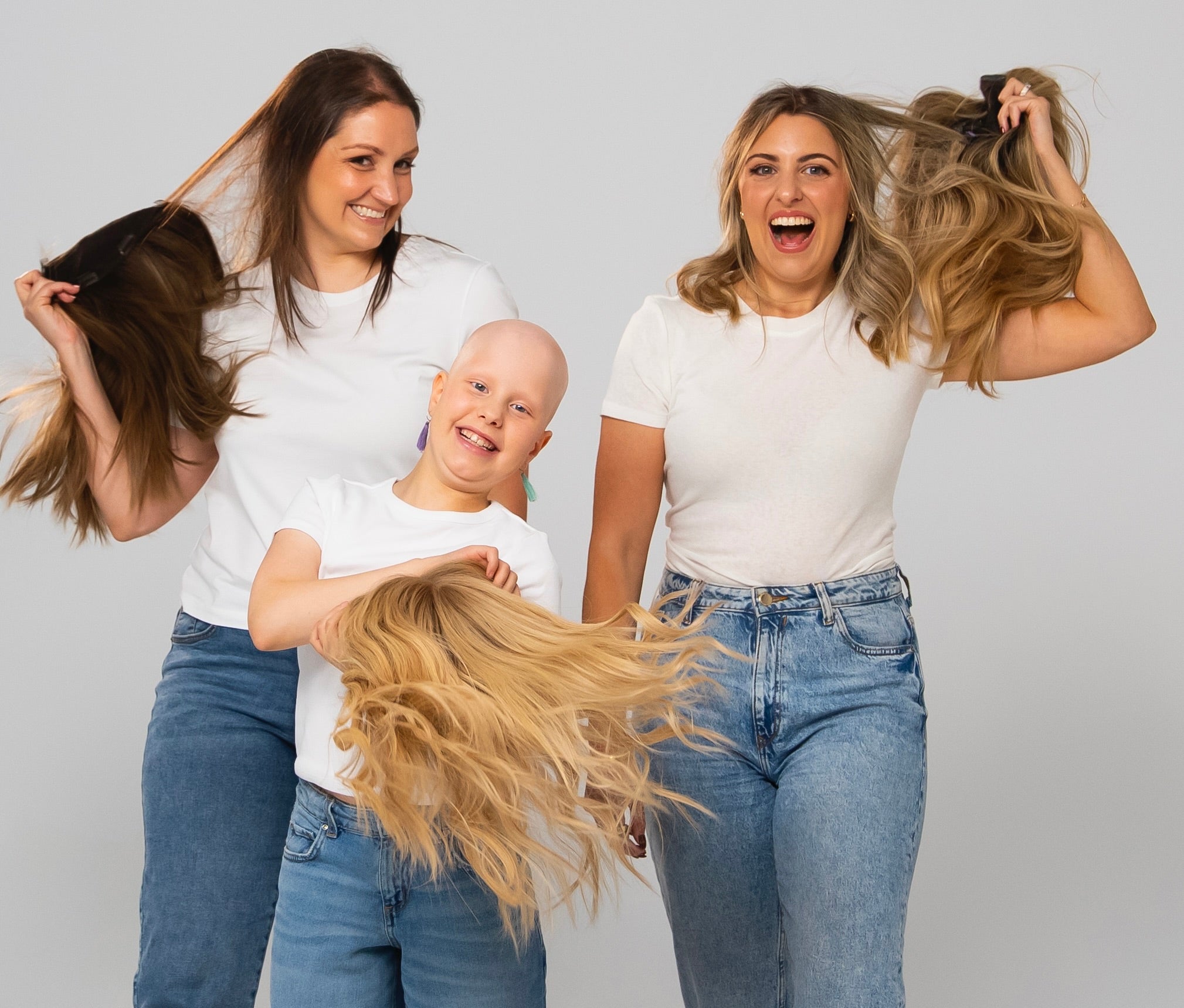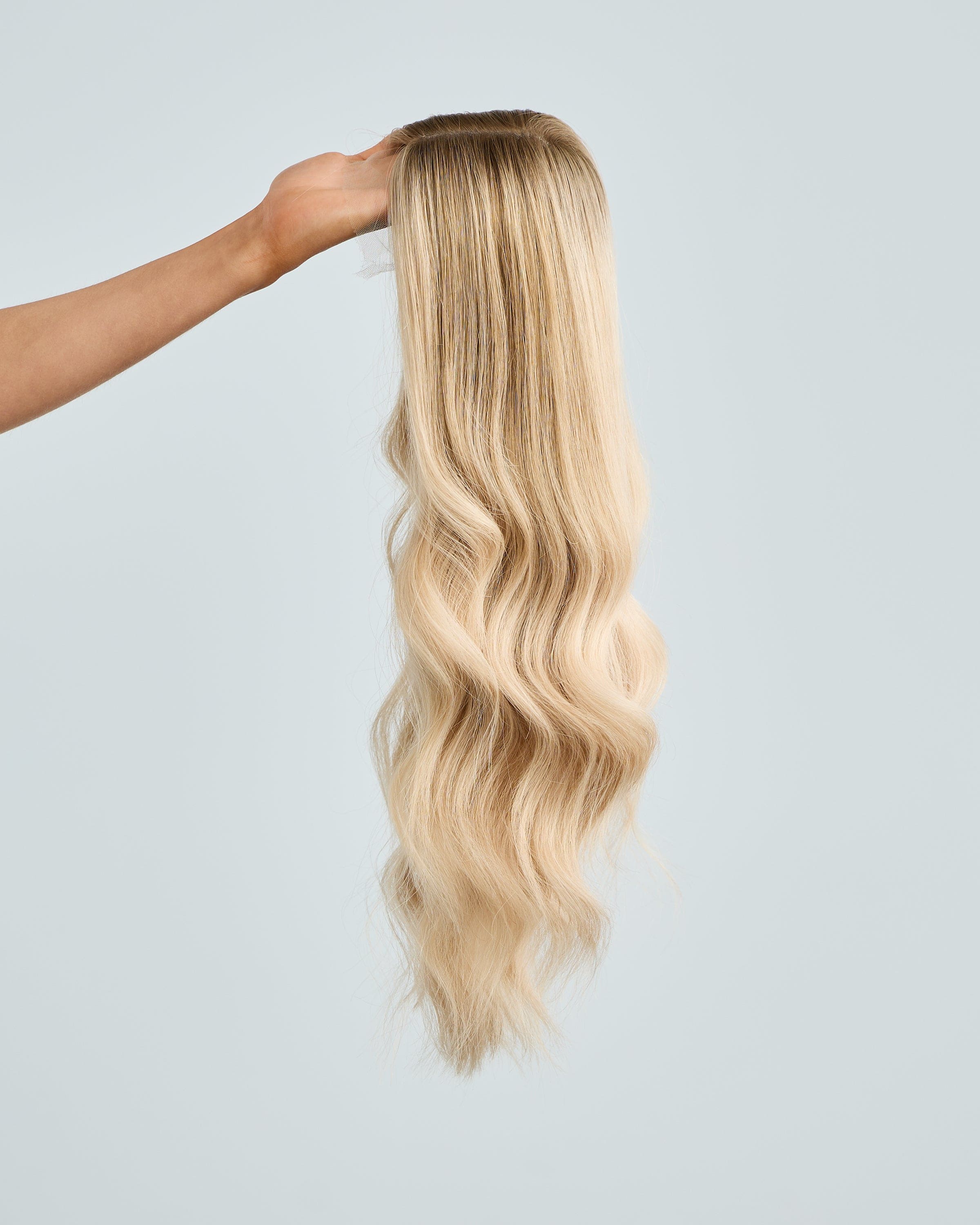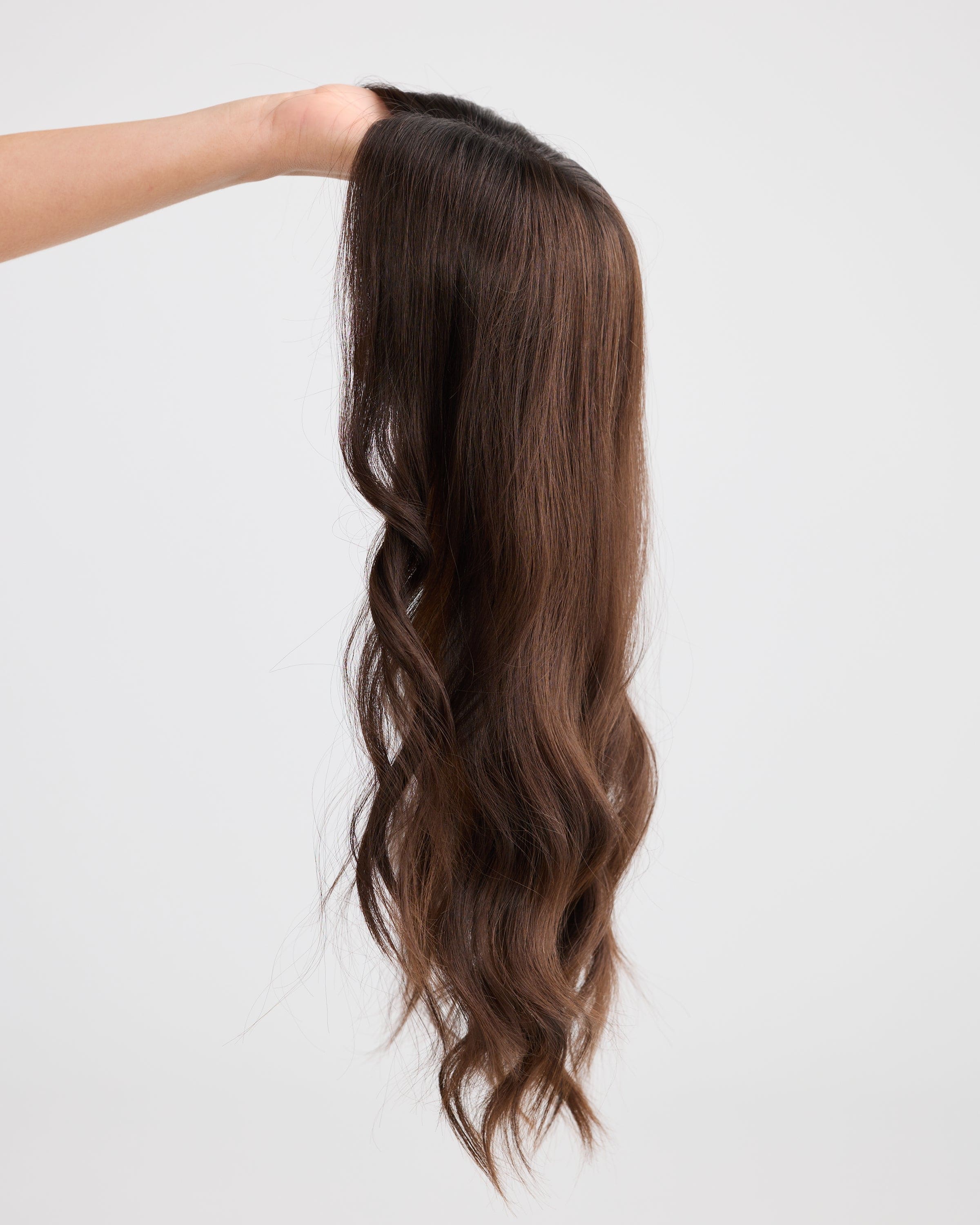Alopecia: A Quick Refresher
Alopecia is not just a single condition; it’s a term used to describe hair loss from any part of the body. It can manifest in various forms, such as Alopecia Areata, where hair falls out in patches, or Androgenic Alopecia, more commonly known as male or female pattern baldness.
The Genetic Connection
So, is there a familial link to alopecia? In short, yes, there can be. Genetics can play a significant role, especially in conditions like Androgenic Alopecia. If your family tree has branches with members experiencing hair loss, it might not be a mere coincidence.
Research suggests that Androgenic Alopecia has a polygenic inheritance, meaning it’s influenced by multiple genes inherited from both parents. It’s not as straightforward as inheriting your mum’s smile or your dad’s eyes. It’s a complex interplay of various genes, and having a parent or sibling with alopecia can increase your risk.
This doesn't mean that if one of your parents is experiencing hair loss that you're guaranteed to have hair loss. Nor does it mean that you'll definitely pass alopecia down to your children. But it does mean it's something you/your children have a higher chance to develop.
Beyond Genetics: Environmental Triggers
It’s crucial to remember that genetics isn’t the sole player in this game. Environmental factors can act as triggers, especially for conditions like Alopecia Areata. Stress, hormonal changes, or even an underlying health condition can kickstart the hair loss journey. Let's chat through some of the environmental factors which can contribute.
Stress: The Silent Culprit
Stress is a well-known trigger for various health conditions, and alopecia is no exception. Our bodies react to stress by producing hormones like cortisol, which can disrupt the natural growth cycle of hair follicles, leading to hair loss. Whether it’s emotional, physical, or psychological stress, finding healthy coping mechanisms is essential to manage its impact on our bodies and our hair.
Hormonal Changes: A Balancing Act
Hormones are the body’s messengers, controlling various functions, including hair growth. Changes in hormonal levels, especially during events like pregnancy, menopause, or due to conditions like Polycystic Ovary Syndrome (PCOS), can lead to hair loss. Maintaining hormonal balance through a healthy lifestyle and medical interventions when necessary can help in managing alopecia triggered by hormonal fluctuations.
Nutritional Deficiencies: Feeding the Follicles
Our hair needs nourishment, and a lack of essential nutrients can affect its health. Deficiencies in iron, zinc, vitamin D, and protein can lead to hair loss. A balanced and nutritious diet is crucial to ensure that our hair receives the nourishment it needs to thrive.
Underlying Health Conditions: The Hidden Triggers
Sometimes, alopecia can be a sign of an underlying health condition. Autoimmune diseases, thyroid disorders, and scalp infections can contribute to hair loss. Regular check-ups and addressing any health concerns promptly can help in early detection and management of conditions that may trigger alopecia.
Environmental Exposure: External Aggressors
Our hair is exposed to various environmental elements, such as pollution, sunlight, and harsh weather conditions. These external factors can damage the hair shaft and affect the health of the scalp, contributing to hair loss. Protecting our hair from excessive exposure and using hair care products that strengthen and nourish the hair can mitigate the damage caused by environmental aggressors.
The Emotional Rollercoaster
Living with alopecia is like riding an emotional rollercoaster. It’s not just about losing hair; it’s about losing a part of what makes us feel like ourselves. I’ve been there, feeling like a stranger in my own body, and it’s not easy. But remember, it’s okay to feel this way. It’s okay to grieve the loss of your hair and to seek support.
Reclaiming Your Identity
Alopecia might have invited itself into our lives, but that doesn’t mean we let it take control. We have the power to reclaim our identity and our confidence. Wearing hair has been my way of doing just that. It’s not about conforming to societal norms; it’s about feeling like ME again.
Lusta is here to support you on this journey. We understand the struggles, the uncertainties, and the desire to feel like yourself again. Our range of wigs and toppers are designed to be your companion in this journey, helping you find your confidence and embrace your beauty, inside and out.
The Power of Community
Connecting with others who are walking the same path can be incredibly healing. The hair loss community is filled with inspiring, supportive, and understanding individuals. Sharing your experiences, learning from others, and knowing that you are not alone can make a world of difference.
The Journey to Acceptance
Acceptance is a journey, not a destination. It’s about embracing the changes, finding strength in vulnerability, and learning to love ourselves, with or without hair. It’s not about hiding; it’s about revealing our true selves and living our lives unapologetically.
The Science Behind It
Understanding the science of alopecia can empower us to make informed decisions and navigate this journey with knowledge and confidence. Research is continually evolving, shedding light on the genetic and environmental factors contributing to alopecia. Staying informed can help us be proactive and take charge of our well-being.
Final Thoughts
So, is alopecia hereditary? Yes, it can be, but it’s not the only factor. It’s a complex interplay of genetics, environment, and lifestyle. But more importantly, it’s a journey of self-discovery, acceptance, and empowerment.
Alopecia doesn’t define us; it’s just a part of our story. It’s about finding our strength, embracing our uniqueness, and living our lives to the fullest. And remember, whether you are exploring the world of wigs and toppers or just seeking understanding and support, Lusta is here, walking this journey with you, every step of the way.
Let’s continue to support each other, share our stories, and spread love and positivity. Because, at the end of the day, we are all in this together, navigating the waves and finding our way.
Sending you all love, strength, and positive vibes!



